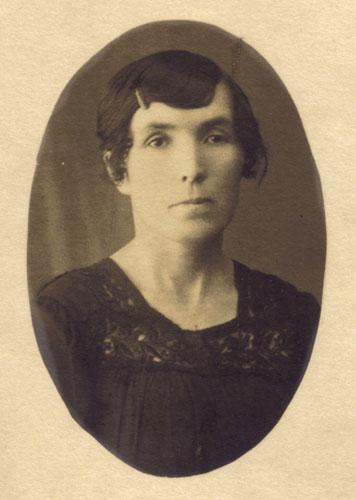

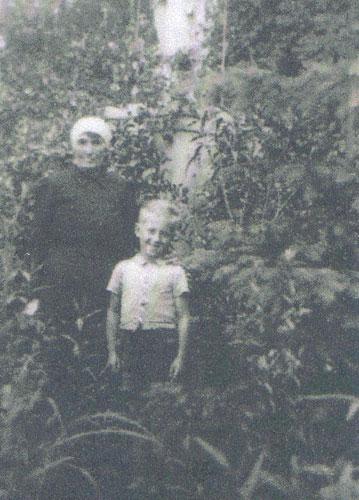

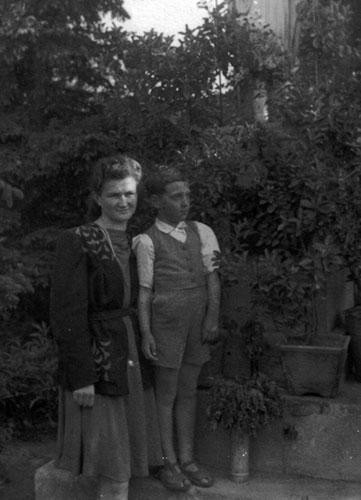

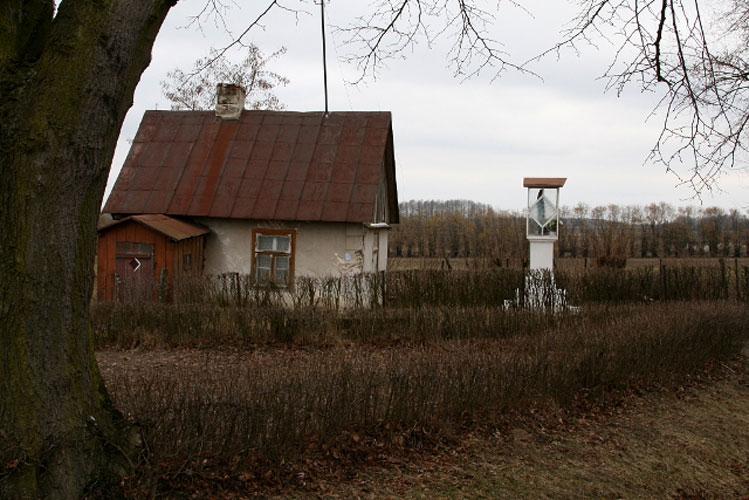

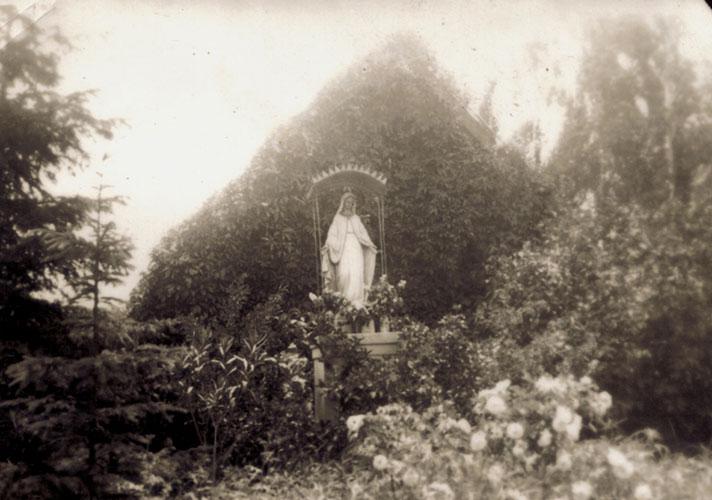

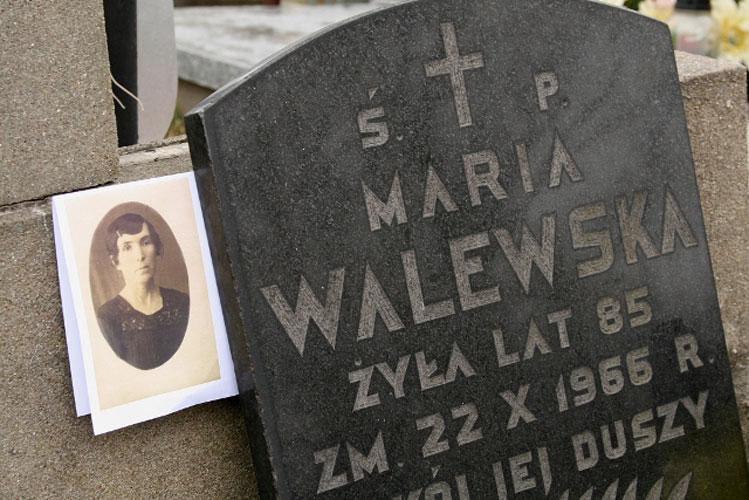

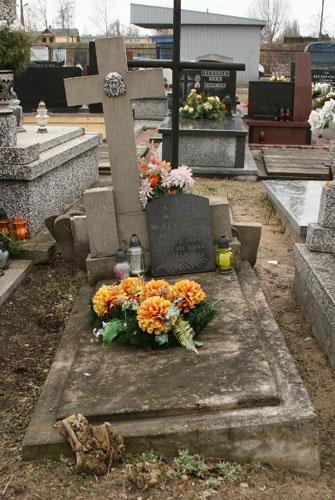

Sunday to Thursday: 09:00-17:00
Fridays and Holiday eves: 09:00-14:00
Yad Vashem is closed on Saturdays and all Jewish Holidays.
Entrance to the Holocaust History Museum is not permitted for children under the age of 10. Babies in strollers or carriers will not be permitted to enter.














Shmuel Eliraz today is a prosperous farmer who lives with his family in Israel. Like many survivors, he immersed himself in his work and family, investing all his energies in building a new life in Israel. Facing the dreadful memories of the past was too painful, and only in recent years did he tell his story to his son, Navot who wrote it down under the title “My Father’s Lost Childhood”.
Shmuel Eliraz was born in Warsaw in 1935. His maternal grandfather, Dr. Shmuel Poznanski, was a well-known rabbi and intellectual, and his parents, Jozef and Stefa Rosenzweig, were affluent and belonged to the educated and cultured class of interwar Warsaw. Polish culture and poetry predominated in their home; Jozef Rosenzweig was a successful lawyer; and Stefa was a rebellious, beautiful young woman.
The good life ended when the Germans occupied Poland. When the ghetto was established in Warsaw, the Rosenzweig family and their son had to move into the crowded and tormented ghetto. Once Stefa and Jozef became aware of the hopelessness of their situation, they arranged for their little son to be taken to safety, and entrusted him to Stefa's former nanny, Maria Walewska. Walewska was unmarried, had no children of her own, and after a long service to Stefa’s family had moved to a remote village in the district of Skierniewice.
Shmuel, who at home had been called by his Polish name, Ludwik, now became Wiesiu, Maria's nephew. The child had blond hair and blue eyes, spoke fluent Polish, and soon became accustomed to village life and adopted the local accent. The memories of his parents and his past life began to fade.
Many years later, Shmuel’s son, Navot described Maria's role: "Maria was the heroine in the story of my father’s rescue during the Holocaust. Without her inventiveness, devotion and readiness to endanger herself, the rescue could not have taken place. Moreover, against the background of the village’s pastoral peacefulness and under her protection, my father was almost totally isolated from what was taking place in the outside world with only some rumors reaching them by way of the peasants in the vicinity. The world around was practically non-existent for him and he had no information about his parents' fate. Maria did not speak of them, and he did not ask. He thus fitted in with the villagers among whom he lived".
Shmuel-Ludwik-Wiesiu remained in the village under Maria Walewska’s care for the rest of the war years.
His father was murdered in the Holocaust, but his mother survived and after liberation arrived in the Land of Israel, where she joined her brother and sister who had immigrated to Palestine before the war. They helped their sister to search for her son, and arranged for an envoy, who was going to Poland on behalf of the Zionist movement, to go to Walewska's home and get the boy. The envoy, Moshe Ishai, took Shmuel and another little girl that he had brought from the family that had hidden her, and travelled with the two children across Europe to Marseille, where he put them on a boat to Palestine. Shmuel arrived in the Land of Israel in the spring of 1946. Unfortunately his mother, who was deeply traumatized by the Holocaust, was unable to pick up the pieces and make a home for him. He was therefore put in a kibbutz.
Wiesiu had become Shmuel again. It was the fourth time in his short life that he had been torn out of his accustomed life: first he had to move with his parents from their comfortable home to the ghetto; then he was separated from his mother and father and taken to Maria Walewska; after the war a stranger, Moshe Ishai took him away from the woman who had cared for him and brought him to a strange land; after a short reunion with his mother, he was yet again placed in an unknown environment and had to learn a new language. Nevertheless, Shmuel fitted in well with kibbutz life, rapidly learned Hebrew and after a short while began writing Hebrew letters to his mother. Like many children who had been in hiding he focused on adopting his new identity, tried to put the past behind him and become an Israeli.
This, however, was not the end of the tragedies in his life. Shmuel’s mother, Stefa Rosenzweig never managed to overcome the experience of the Holocaust. She tried to rebuild her life and even formed a new relationship with a childhood friend from Warsaw, another survivor of the Holocaust. She promised Shmuel that she would eventually bring him home to her. All these hopes were shattered when her partner fell in the War of Independence in May 1948 in a battle near Jerusalem. Stefa was unable to deal with yet another loss and committed suicide. This was the fifth time in Shmuel’s short life that he had to experience separation and abandonment. He remained in the kibbutz, which became his home. When he grew up he settled in a village in the south of Israel, where he established a big and thriving dairy farm.
In 2004 Shmuel travelled to Poland with his wife. They visited Warsaw and Auschwitz. He remembered the name of his rescuer, but was unable to recall the name of her village. Thus he was unable to go back to the place where he had spent the years of the Holocaust. All he had were a few old photos showing him with Walewska in the garden of her home.
When the Department of the Righteous began investigating this case, there was only the name of the rescuer, but no further information about her. A first lead was found in the memoirs of Moshe Ishai, the man who had brought Shmuel to Israel, and in his personal papers that he had deposited in the Yad Vashem archive. Ishai described that in early spring 1945, he left Lodz and drove for two hours to the vicinity of the town of Skierniewice, until he reached the village where the grandson of Rabbi Poznanski had been hidden. Ishai went on to describe that the house was at the outskirts of the village; that the woman told him that when she first brought the boy home, her neighbours were distrustful and suspected that she was hiding a Jewish child, but that eventually they left them in peace. The name of the village was not mentioned in the account, but Ishai’s report provided an indication of the region. With the help of the office of the President of Poland all registries in that area were consulted until Maria Walewska's trace was found. A woman by that name had been living in the village of Nowy Kaweczyn, and the house where she had lived was on the main road at the end of the village. She had lived there until 1962, and then moved to Zyrardow, where she died in 1966. Once the details about the rescuer had been established, the file could be submitted to the Commission for the Designation of the Righteous.
On 5 May 2009 Yad Vashem recognized Maria Walewska as Righteous Among the Nations.

Thank you for registering to receive information from Yad Vashem.
You will receive periodic updates regarding recent events, publications and new initiatives.

"The work of Yad Vashem is critical and necessary to remind the world of the consequences of hate"
Paul Daly
#GivingTuesday
Donate to Educate Against Hate


Worldwide antisemitism is on the rise.
At Yad Vashem, we strive to make the world a better place by combating antisemitism through teacher training, international lectures and workshops and online courses.
We need you to partner with us in this vital mission to #EducateAgainstHate
The good news:
The Yad Vashem website had recently undergone a major upgrade!
The less good news:
The page you are looking for has apparently been moved.
We are therefore redirecting you to what we hope will be a useful landing page.
For any questions/clarifications/problems, please contact: webmaster@yadvashem.org.il
Press the X button to continue



